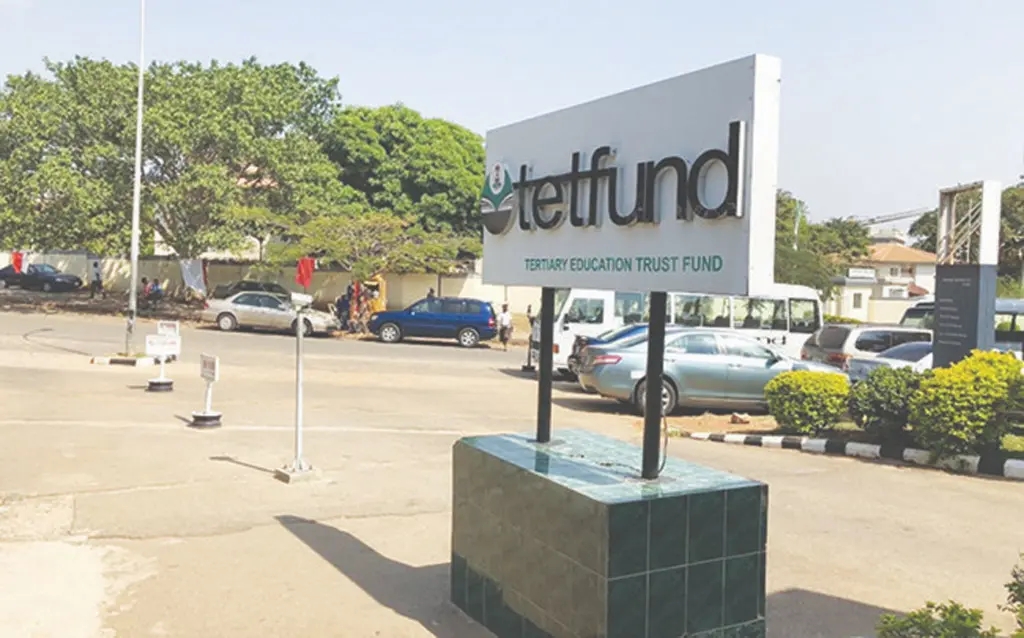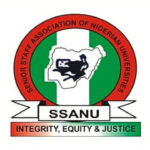The Tertiary Education Trust Fund (TETFund) is facing a challenging situation that might lead to the suspension of its foreign scholarship program for academic staff.
The fund has encountered difficulties in meeting the financial obligations of foreign tuition fees and stipends, prompting the need for a potential re-evaluation of its scholarship initiatives.
Join our WhatsApp ChannelMr. Sonny Echono, the Executive Secretary of TETFund, addressed this concern during a recent One-Day Stakeholders’ Engagement on Emerging Issues with the TETFund Intervention in Abuja. Echono attributed these difficulties to the scarcity of foreign exchange and inadequate allocation of funds.
With the fund’s current allocation barely sufficient to cover existing programs under its Tertiary Scholarship for Academic Staff (TSAS), TETFund is contemplating the suspension of foreign scholarships. An additional consideration is the potential adjustment of local scholarships to ensure their sustainability.
Echono also highlighted the fund’s recommendation for beneficiary institutions to avoid initiating new Benchwork programs.
READ ALSO:15 Available Jobs For Nigerian Students In The UK
Beyond the financial constraints and foreign exchange challenges, Echono raised the issue of scholars failing to fulfill their commitments to return and serve at their home institutions after completing their programs abroad.
This phenomenon of scholars absconding has cast a shadow on the TSAS program and compelled a closer examination of its effectiveness.
In response to these challenges, TETFund has engaged in collaborations with renowned international institutions through multiple Memorandums of Understanding (MoUs).
These partnerships, which encompass universities in countries like Malaysia, India, Brazil, France, and the United States, aim to bolster and elevate the TSAS program in the future.
During the same engagement, Professor Peter Okebukola, the former Executive Secretary of the National Universities Commission (NUC), advocated for a robust monitoring and implementation system. He suggested prioritizing in-country training within TETFund-supported postgraduate programs as an alternative to excessive spending on overseas scholarships.
Okebukola stressed the importance of equipping local universities with cutting-edge facilities and enhancing postgraduate program accreditation.
Additionally, Chris Maiyaki, the Acting Executive Secretary of NUC, emphasized the need for innovative funding strategies that adapt to the evolving challenges faced by the education sector.
Maiyaki recommended an overhaul of TETFund’s monitoring mechanisms to ensure quality assurance and a more favorable return on investment.
As discussions continue, Mrs. Miriam Onuoha, Chairperson of the House Committee on TETFund, emphasized the significance of inclusive development, particularly for Persons Living with Disabilities (PLWD), in tertiary institutions. Ensuring equitable access to essential infrastructure remains a key consideration.
In navigating these complex challenges, TETFund is committed to finding viable solutions that will safeguard the quality and effectiveness of its scholarship programs.
The fund’s dedication to enhancing the Nigerian education landscape while addressing fiscal limitations stands as a testament to its enduring mission.

















Follow Us